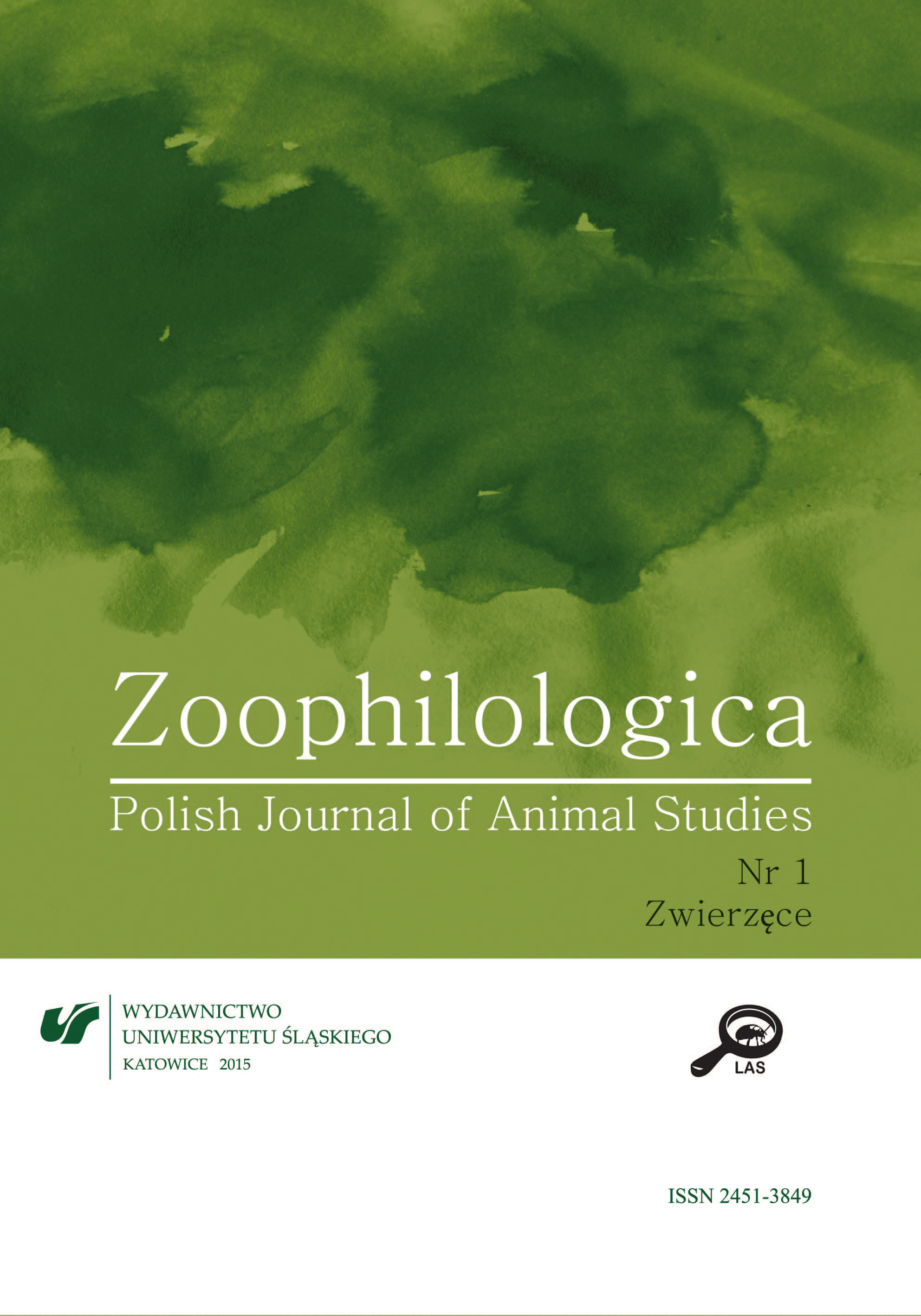Mieszkańcy „opacznego miniaturowego uniwersum”. Zwierzęta w twórczości W.G. Sebalda
Inhabitants of a “Topsy-Turvy Miniature Universe”. Animals in the Works of W.G. Sebald
Author(s): Katarzyna KończalSubject(s): Philosophy, Language and Literature Studies, Studies of Literature, Ethics / Practical Philosophy, Comparative Study of Literature, German Literature, Theory of Literature
Published by: Wydawnictwo Uniwersytetu Śląskiego
Keywords: Sebald; anti-anthropocentrism; animal studies; animal ethics
Summary/Abstract: The aim of this article is to examine the ways in which the forms and presence of animals are presented in the works of the German writer, Sebald, through selected approaches in animal studies. The article shows that animalistic discourse plays an important, if not central, part in Sebald’s literary imagination, which has gone largely unnoticed by critics for a long time, due to their predominant focus on the issues of memory, the Holocaust, and melancholia. The main subjects of analysis here are the novels “The Rings of Saturn” and “Austerlitz”, which are focused predominantly on the issue of human-animal relationships both on a textual and on a visual level. Firstly, the author will characterise the images of animals depicted in Sebald’s prose, then she will examine the animal cartographies, i.e. spaces where the writer locates his non-human protagonists, and in the end, the text will analyse the poetics of contrast and analogy through which Sebald describes the entanglement of the human’s mind in the exploitation of animals. The analysis will demonstrate that the coexistence of humans and animals in Sebald’s works is not linear, but rather creates sophisticated constellations of ostensibly distanced events from various periods and sources. Sebald places an animal’s suffering right at the centre of the turbulent and disastrous history of the 19th and 20th centuries and, through this inclusive gesture of empathy towards non-human animals, strictly breaks with the anthropocentric perspective of writing.
Journal: ZOOPHILOLOGICA. Polish Journal of Animal Studies
- Issue Year: 2015
- Issue No: 1
- Page Range: 227-250
- Page Count: 24
- Language: Polish

